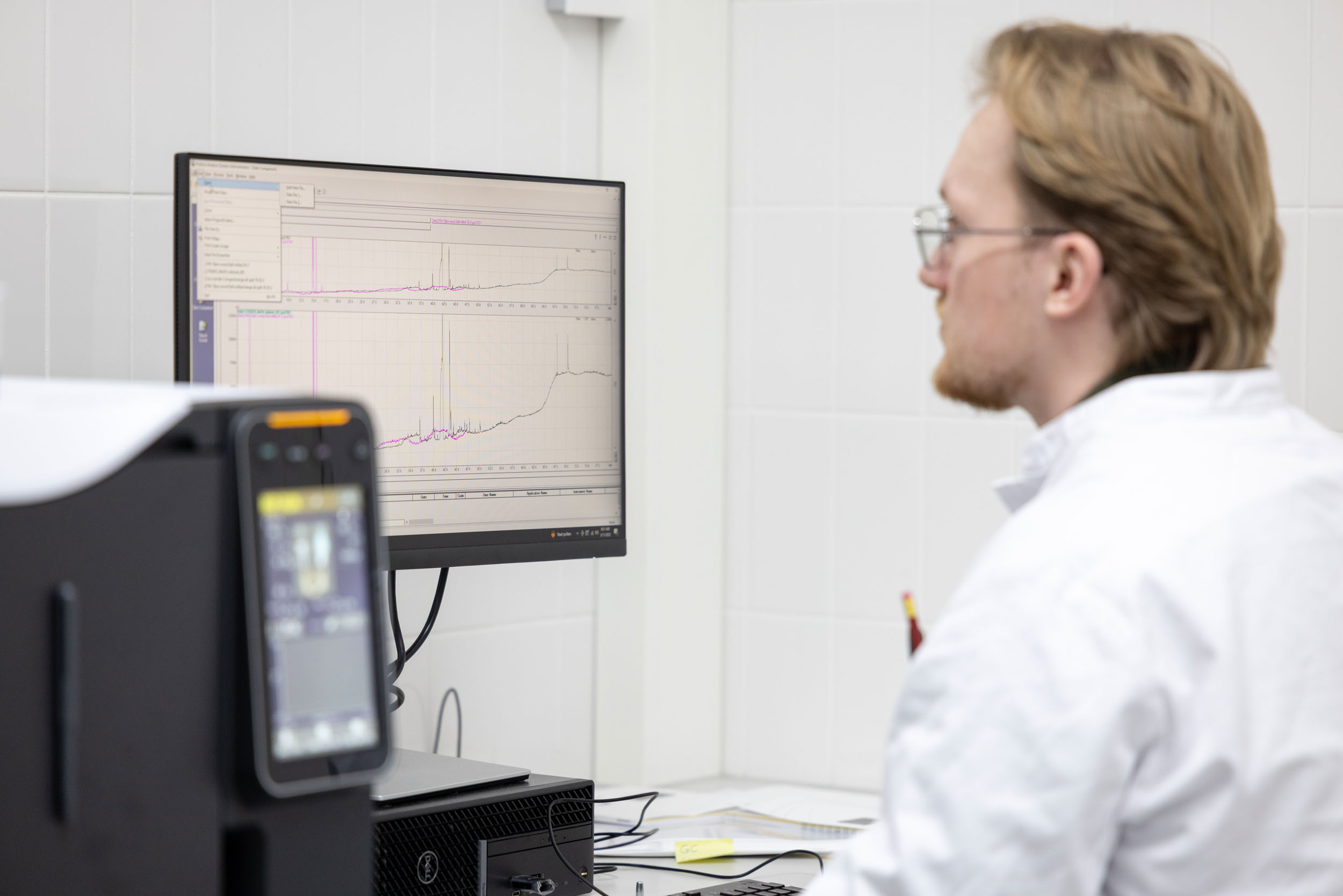Background information
The region of West Noord-Brabant, with its long industrial history, is not yet equipped to meet the European Union’s ambition of a CO₂-neutral and circular economy by 2050. To achieve this goal, the traditional linear chemical industry must transition toward circular chemical systems.
Mechanical recycling is a well-established technique in the Netherlands, especially for clean plastic streams, and can also serve as a pretreatment step for chemical recycling.
Chemical recycling—including pyrolysis and solvolysis—is an innovative and rapidly developing technology suited for mixed and contaminated plastics, biomass, mixed waste streams and household waste. It plays an important role in the green transition but is still under development.
A compelling example is the cashew nutshell, which is currently discarded or used as a low-efficiency fuel. It contains Cashew Nutshell Liquid (CNSL), from which the valuable component cardanol can be extracted—suitable for producing biobased epoxy thermosets with balanced rigid–flexible performance.
To support decision-making and large-scale implementation of chemical recycling, its environmental performance must be evaluated and compared to mechanical recycling.
About MNEXT and the Biobased Resources & Energy Research Group
MNEXT, together with SMEs, forms the bridge between innovation and society. By conducting applied research with students, lecturers and researchers—and by collaborating on educational innovation—MNEXT accelerates the materials and energy transition for a sustainable future.
Within MNEXT, you will work in the Biobased Resources & Energy research group, which focuses on the valorisation of residual streams from nature, agriculture and industrial sources.
Assignment Description
The goal of this internship is to conduct a comparative environmental impact analysis of chemical recycling versus mechanical recycling.
Your tasks may include:
- Analysing the principles and technological differences between mechanical and chemical recycling
- Carrying out a Life Cycle Assessment (LCA) or similar environmental impact method
- Evaluating energy use, emissions, resource consumption and environmental indicators
- Studying example cases such as pyrolysis, solvolysis or CNSL valorisation
- Comparing opportunities, limitations and environmental performance of both strategies
- Presenting results that support future circular chemical industry development
Your work will provide valuable insights into the role of chemical recycling in the green transition.
Desired Skills
We are looking for a student who:
- Has an understanding of or interest in circular economy, renewable materials or sustainability transitions
- Is willing to learn about LCA, data analysis and environmental impact methods
- Has strong analytical skills and enjoys working with complex datasets
- Has good English communication skills for reporting and team collaboration
Practical Details
Compensation
€350 per month
Working Language
English




